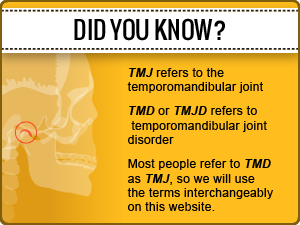Having trouble sleeping? Your genes may be to blame
It is not uncommon to experience trouble sleeping from time to time. Aside from having a sluggish day, there’s usually no real reason for concern. When sleep deprivation becomes chronic, however, it can have a profound effect on your overall health. There are many stressors and health issues that can cause a disturbance of sleep, but did you know that your genes can also be to blame?
How can a sleeping problem be genetic?
There are many reasons people have difficulty sleeping, but snoring and obstructive sleep apnea are two very common causes of chronic sleep disorders. Studies show that obstructive sleep apnea may be related to having certain genetic characteristics, including:
- Being male-born
- Enlarged adenoids, pharynx, tongue or tonsils
- A deviated septum
- Certain sinus issues
- A smaller jawbone structure
What is obstructive sleep apnea?
Obstructive sleep apnea is a sleep disorder caused by any number of chronic problems, genetic or otherwise, that block your airway while you are in a relaxed state of rest. For every occurrence of apnea, you stop breathing for seconds to minutes. When your body realizes that it isn’t getting the air it needs, your brain sends an emergent signal to your body to start breathing again.
For sleep apnea sufferers, this happens several times per hour, causing constant disruption of sleep all night, every night. Over time, this leads to chronic fatigue as well as other serious health issues, including an increased risk for high blood pressure and/or heart failure.
Is there any treatment available?
Physiologic dentistry provides sleep apnea treatments in the form of custom-fitted orthotic devices. These clinically-devised oral appliances help to prevent your airway from becoming blocked during sleep by moving the jaw forward into a correctly relaxed position.
Where can I learn more?
It’s important to undergo a simple, painless sleep test to determine whether you have a sleep disorder. Once diagnosed, effective sleep apnea treatment available may be as close as your Chicago dentist.
Dr. Ira Shapira, of Think Better Life, is experienced at treating the symptoms of sleep apnea, even those that are hereditary in nature. After an initial and thorough clinical exam to help determine the root cause of your sleep disorder, Dr. Shapira will discuss optimal treatment options to address your sleep apnea symptoms.
[widget id=”text-50″]

